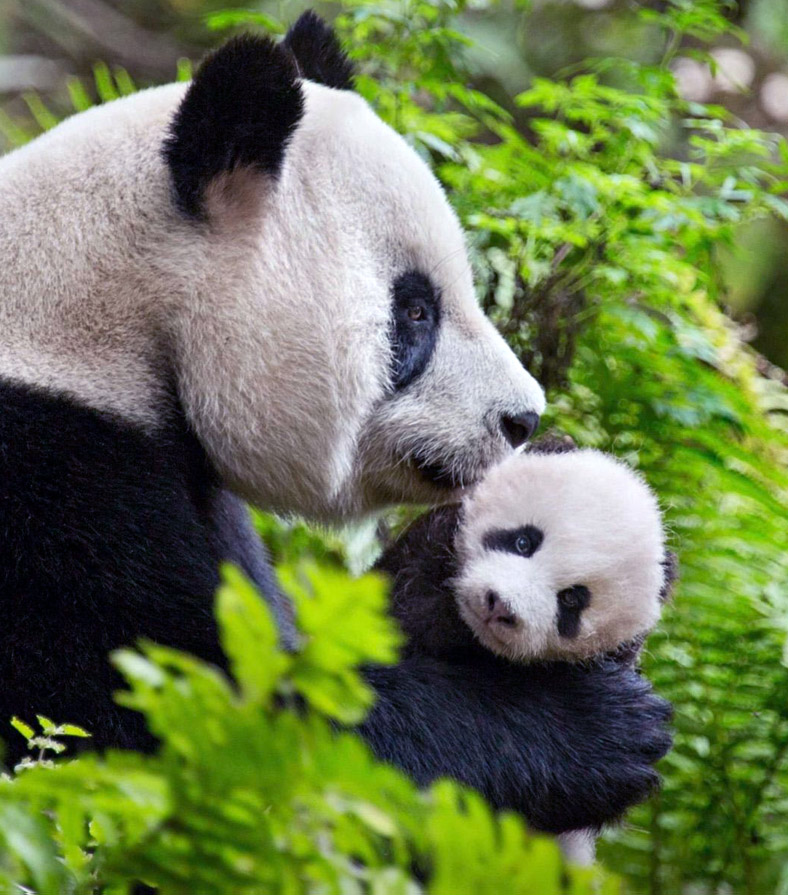Traditional Chinese Culture, Ways to explore
In China, the word “culture” which is “wehua” in Chinese has existed since ancient time. The original meaning of “wen” referred to the weaving of colors, ornamentation and articles and “hua” is defined as variation, formation and creation. There is a saying that, “all things on earth are given birth and foster growth,” so the meaning of “hua” extended to transformation, indoctrination and cultivation. The conception of “culture” in ancient China can be categorized into spiritual civilization, often corresponding to “armed force,” “Kungfu” and others. These definitions contain positive idealism that demonstrate the gentle and strict way the country is governed, embracing politics and ethics. In addition, ancestors used the word “culture” as a verb, symbolizing a method and proposal of governing society. It was not only opposed to but also linked to the conquest of armed forces, which included the strategy of “trying fair means before using force” and “making policy and military achievements.” Some definitions also include the traditional culture of China which include food, customs and various traditions.
Our travel expert will reply you in 24 working hours!
GREAT FAMILY CHINA TOUR
JULY 2024 We wanted to thank Grace at China Culture tour for organizing a great tour of China. We enjoyed our Beijing - Xian-Chengdu -Guilin -Yangshuo - Shanghai trip. Our local guides Bruce in Beijing, Susan in Xian, Jane in Chengdu, Mike in Guilin and Mary in Shanghai took care of us…read more details »
Teng Han L from SINGAPORE
Ready to Create a Unique Dream Travel?

